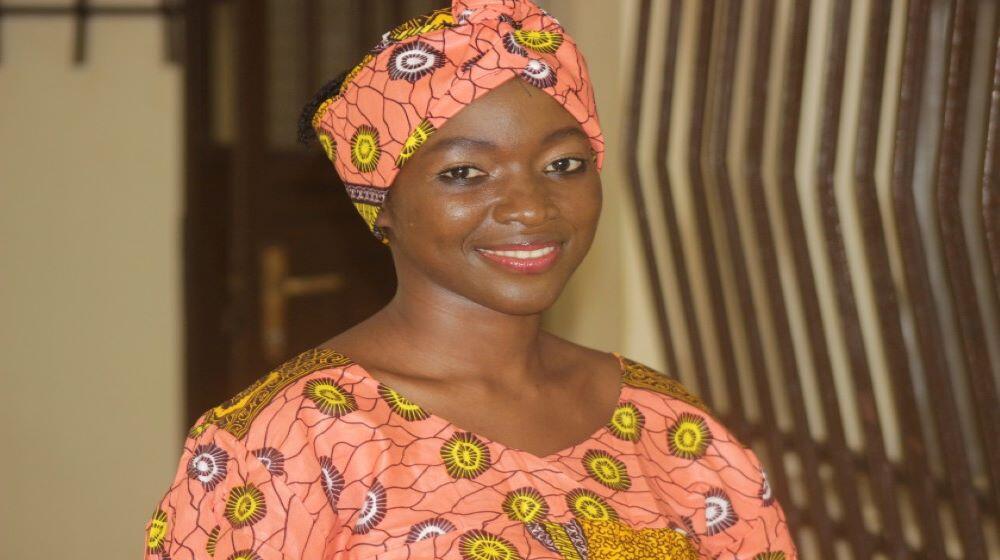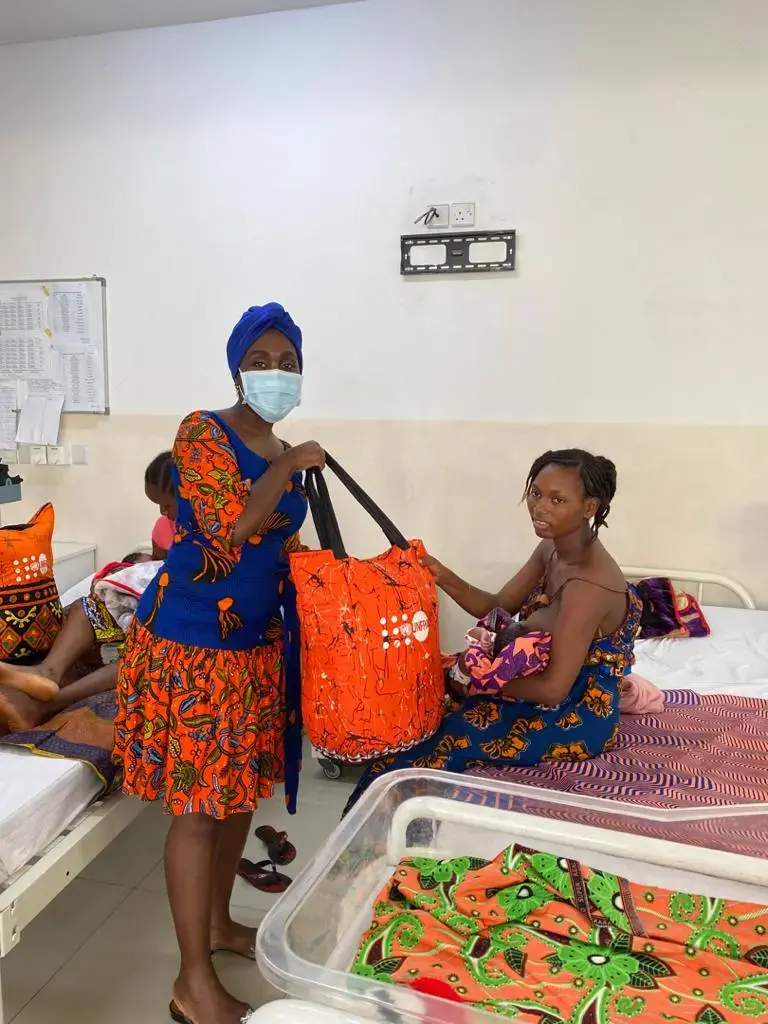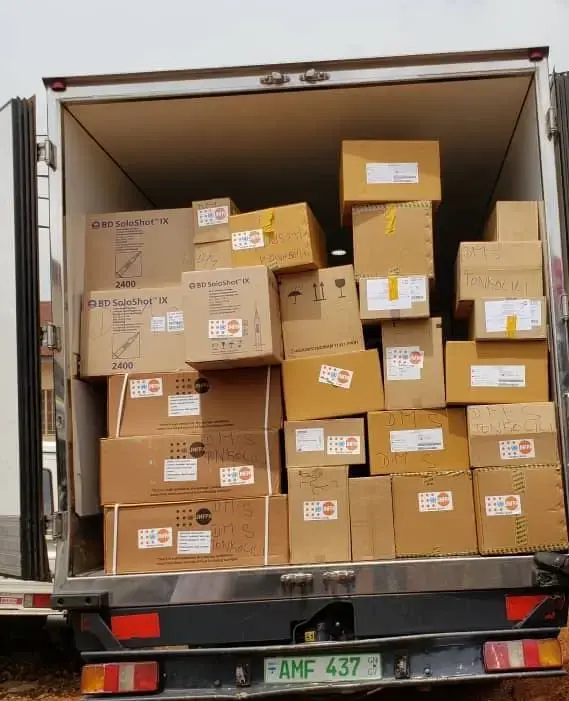FREETOWN, Sierra Leone, 23 May 2022 - It took a little over two years after she sat for the West African Senior School Certificate Examination (WASSCE) in 2018 for the life of 22-year-old Sarah Bangura to change – even forcing her to seek comfort at the country’s psychiatric hospital – due to the effects of obstetric fistula, a condition in which a hole develops in the birth canal caused by prolonged, obstructed labour.
Sarah, an only child to her parents, had dreamed of becoming a nurse. During her first attempt at the WASSCE, she earned six credits including chemistry, physics and mathematics.
“My parents could not afford to pay for me to continue with my education. Even family members could not help after a family meeting was called in the village [Punduru village, Kenema district] to discuss my education. Luckily, back in Freetown, I met someone who proposed to marry me. That was how I chose to get married because I could not further my education,” said Sarah.
When birth is hindered by the baby's large size, there is the risk of injuries and this sometimes leads to obstetric fistula. In developing countries like Sierra Leone, lack of access to quality sexual and reproductive health services, including emergency obstetric and newborn care services is a contributing factor to fistula.
Nine months into her first pregnancy in 2020, Sarah was taken to a nearby clinic for her delivery. There, she encountered difficulties in delivering.
“Unfortunately, I was asked by the nurses to force the baby out. I became helpless, leading to complications as I could not walk,” she said about her ordeal.
Sarah was referred to the Princess Christian Maternity hospital (PCMH), one of three referral hospitals supported by the UNFPA with financial support from the UK’s Foreign, Commonwealth & Development Office. At PCMH, a caesarean operation was recommended. Days after her caesarean surgery, Sarah could still not walk. This led to serious complications weeks later, and she returned home with fistula.
UNFPA works with AWC and Haikal Foundation to conduct screening for women with suspected obstetric fistula, and surgery to repair their fistula and restore their dignity. Sarah is one among thousands of women in Sierra Leone who deal with this traumatizing health condition. Before being referred to AWC for fistula surgery, her fistula condition had forced her to relocate to the country’s only psychiatric hospital.
“At first, I didn’t go [to AWC] because I was frustrated and I almost gave up. I was taken to the psychiatric hospital at Kissy village given the way I was behaving. I had little hope that I would be healed and be the same again,” Sarah explained sombrely.
Women and girls with fistula are often stigmatized and isolated from their families and communities. In Sarah’s case, however, her husband gave her the support she needed. When she finally chose to go for the surgery at AWC, Sarah was among 32 survivors to complete a two-week fistula camp and undergo the surgery through UNFPA funding.
Putting her experience into perspective, a joyful Sarah said, “I will always encourage other women with similar conditions to come forward and be treated. Do not be ashamed. For me, now that I have regained my dignity as a woman, I still have the dream of being a nurse. I am hopeful of becoming one, one day.”
For more information, contact:
John Baimba Sesay
Web and Media Analyst
Email: jsesay@unfpa.org
Tel: +232 30953193




